Embroidery use during the Great War
“Fancy work”
That was the term coined by First World War veterans in the UK, Australia and New Zealand when they practiced needlework as a form of therapy for shell-shock.
The soldiers found solace in the art of embroidery, and it would have had huge benefit to their mental health. It also challenged the preconception that embroidery is “women’s work”.
That’s the great thing about needlepoint (or any craft or creative task), it spans different demographics and circumstances to help ease or overcome poor mental health from psychological trauma to anxiety and grief.
An article in Psychology Today explores how the immersion in creative enterprises is “hugely rewarding in itself” but that we can often experience a state of flow, a different psychological state that allows time to pass without you even noticing it as you are so engrossed in the task at hand (or your Mindful Threads needlepoint kit!).
There have also been studies into ‘rehabilitation embroidery’, and how spending time on creative goals is associated with “high activated positive affect”, and that being creative everyday is a way of creating positive psychological functioning.1
Take a look at brilliant initiatives like Fine Cell Work which is a charity that creates beautiful handmade products in British prisons, not only helping those in prison to train in a new skill but it also helps support their mental health and foster hope and improve their self-esteem.
The Government have also acknowledged the power of arts and crafts, and how they are “essential to our health and wellbeing”, improving “people’s mental and physical health”.
The All Party Parliamentary Group on Arts, Health & Wellbeing Creative Health Report in 2017 found that:
The arts can help keep us well, aid our recovery and support longer lives better lived.
The arts can help meet major challenges facing health and social care: ageing, long-term conditions, loneliness and mental health.
The arts can help save money in the health service and social care.
More importantly, it is about how arts and craft can help anyone, any age, from children and young adulthood through to new mothers and the elderly, as well as war veterans.
Here at Mindful Threads we support Lord Darzi’s (Professor of Surgery at Imperial College London) recommendation that there is “a compelling case for our healthcare systems to better utilise the creative arts in supporting health and wellbeing outcomes, building on a growing body of evidence in mental health, end-of-life care and in supporting those living with long-term conditions.”

